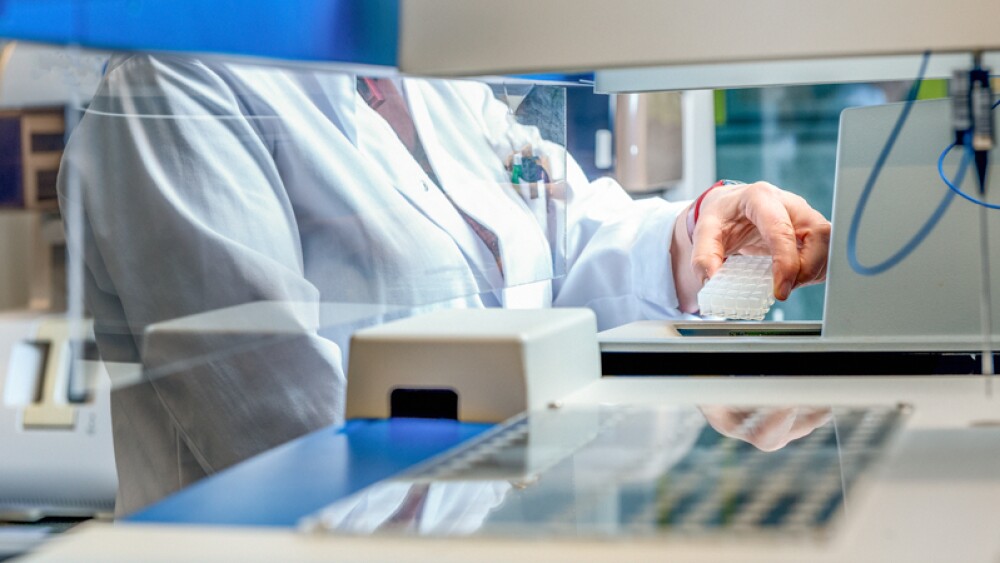September 5, 2017
By Alex Keown, BioSpace.com Breaking News Staff
SAN DIEGO – Cytori Therapeutics is terminating half of its employees a little more than one month after its late-stage cell therapy to treat scleroderma failed to achieve statistical significance for both the primary and secondary trial endpoints.
As the company looks to move forward following the employee reduction, leadership said it has several options including a sale of some or all of its assets, or merging with another company.
Cytori shares plunged more than 50 percent after the company announced the Phase III trial failure in July. Now the Southern California-based company is undertaking a corporate restructuring that includes the job terminations. The company said the reductions will help reduce quarterly operational cash burn as it aims to move forward its scleroderma program. Shares are trading at 38 cents as of 9:53 a.m.
Marc H. Hedrick, Cytori’s president and chief executive officer, said the company’s top need is conserving capital and protecting shareholder value. That focus lead company leadership to making the terminations. Additionally, Hedrick said the company has engaged TAP Advisors to evaluate “several potential opportunities the company has that could enhance our ability to create value for stockholders.”
Hedrick said the executive team and TAP Advisors will look at all of the options to keep the company moving forward. Other options include a reverse merger, a business combination or a sale, license or disposition of corporate assets. The company could also look at other opportunities to raise capital, Cytori announced.
In July, Cytori’s Habeo Cell Therapy platform did not reach statistical significance at 24 or 48 weeks by showing improvement in the Cochin Hand Function Score between patients receiving the cell therapy and placebo. Trial data did show clinically meaningful improvements in the primary and secondary endpoints of both hand function and scleroderma-associated functional disability, for Habeo treated patients compared to placebo, in a subgroup of patients with diffuse cutaneous scleroderma, the company said. Scleroderma is a rare and chronic connective tissue disease generally classified as an autoimmune rheumatic disorder. An estimated 300,000 Americans have scleroderma, about one-third of whom have the systemic form of the disease, known as systemic sclerosis (SSc), according to company data.
Cytori’s cell therapy platform is designed to harness the attributes of adipose-derived regenerative cells (ADRCs), which are living cells that are present in an adult human’s own adipose tissue. Habeo Cell Therapy is a suspension of ADRCs that are manufactured from a single lipoaspirate (material removed via liposuction, a procedure in which fat is removed from under the skin by suction). The process concentrates ADRCs intended for autologous re-implantation subcutaneously into the digits, according to company data.
In May, the company said it was looking to restart production of a nanoparticle-based oncology pipeline it acquired from Azaya Therapeutics at the beginning of the year. In clinical trials, ATI-0918 demonstrated bioequivalence to the reference drug for doxorubicin in Europe, which is marketed by Johnson & Johnson as Doxil and Caelyx.
In April, Cytori received approval from the U.S. Food and Drug Administration for an Investigational Device Exemption for a pilot clinical trial to evaluate Cytori Cell Therapy in patients with thermal burn injuries. The trial will be a continuation of the company’s research under its contract with the Biomedical Advanced Research and Development Authority (BARDA), a division of the U.S. Department of Health and Human Services.





